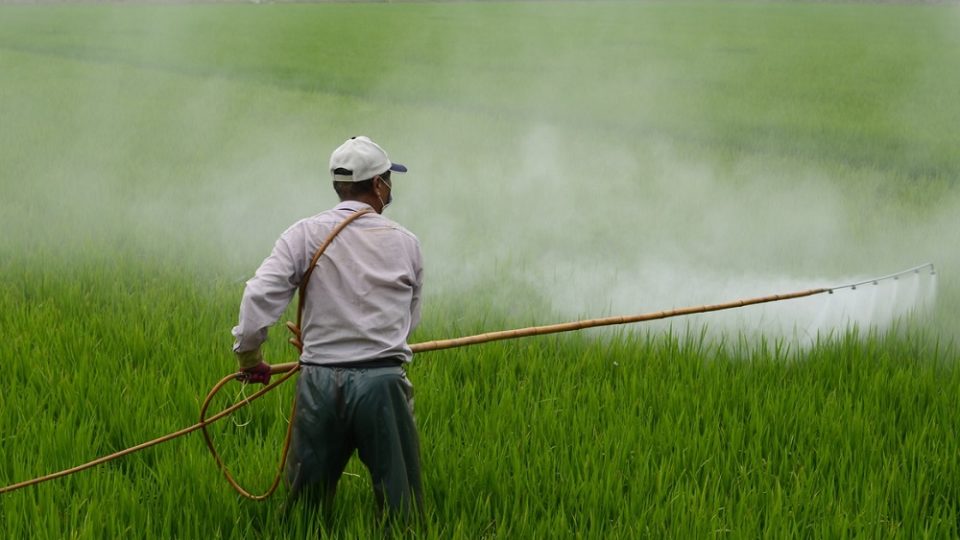The on-again, off-again ban on controversial herbicide paraquat comes into effect today along with that of four pesticides.
Five chemicals classified as hazardous substances can no longer be possessed, imported or exported, the Industry Ministry announced Saturday. They include paraquat, chlorpyrifos, methyl sulfate and related compounds.
The list, however, excluded glyphosate, a weed killer that has been linked to a variety of diseases including forms of terminal cancer. The controversial chemical remains popular among farmers in Thailand.
Farmers who possess the five mentioned chemicals were advised by officials to “return them to the sellers” within 90 days of the ban coming into effect or no later than Aug. 29.
The sellers must accept the chemicals and submit them to the Department of Agriculture within 120 days since the ban, or before Sept. 28.
According to the government spokesperson Traisulee Traisoranakun, the approval on the ban came after “thorough study” that raised concerns over health and safety of users and consumers in Thailand.
It’s been a prolonged battle over the ban on the chemicals. In November, the government reversed a decision to ban glyphosate, paraquat and chlorpyrifos and permitted the use of the trio until June 1. The decision came after pushback by the multi-billion dollar agriculture industry.
Paraquat is a widely used herbicide that kills plant tissue on contact and is toxic to humans and animals. It has been linked to Parkinson’s disease and has been banned in several other countries.
Paraquat and chlorpyrifos are manufactured by U.S. chemical giants Chevron and Dow Chemical.
Related




